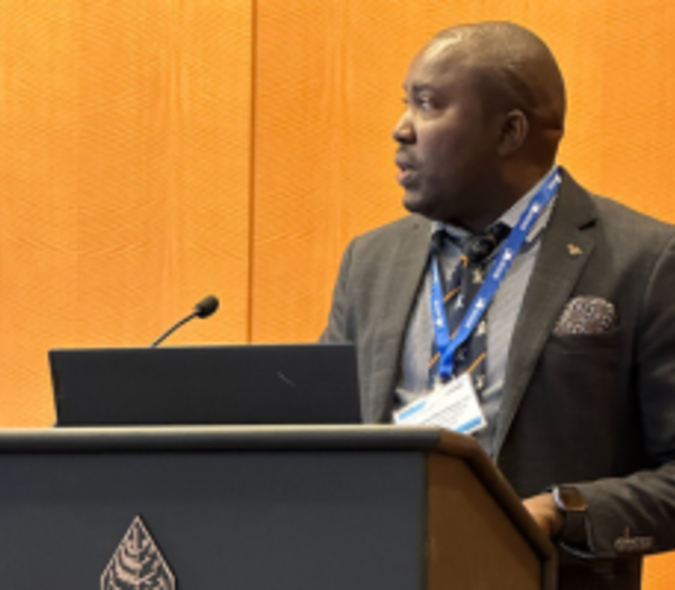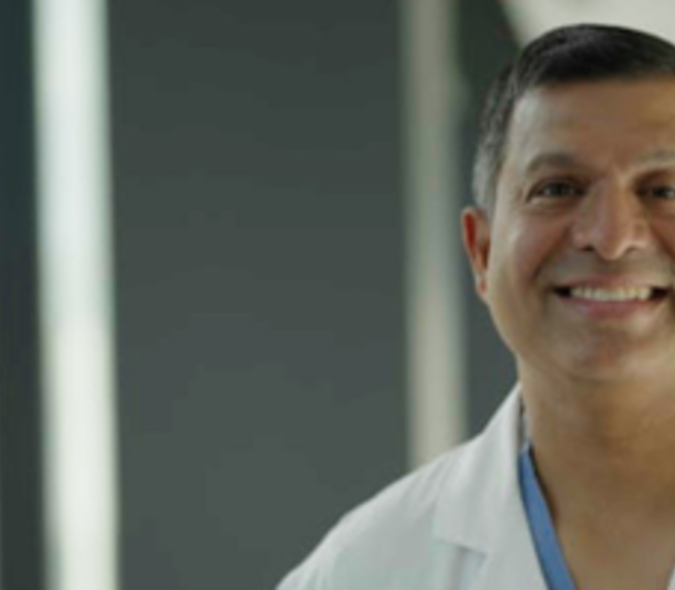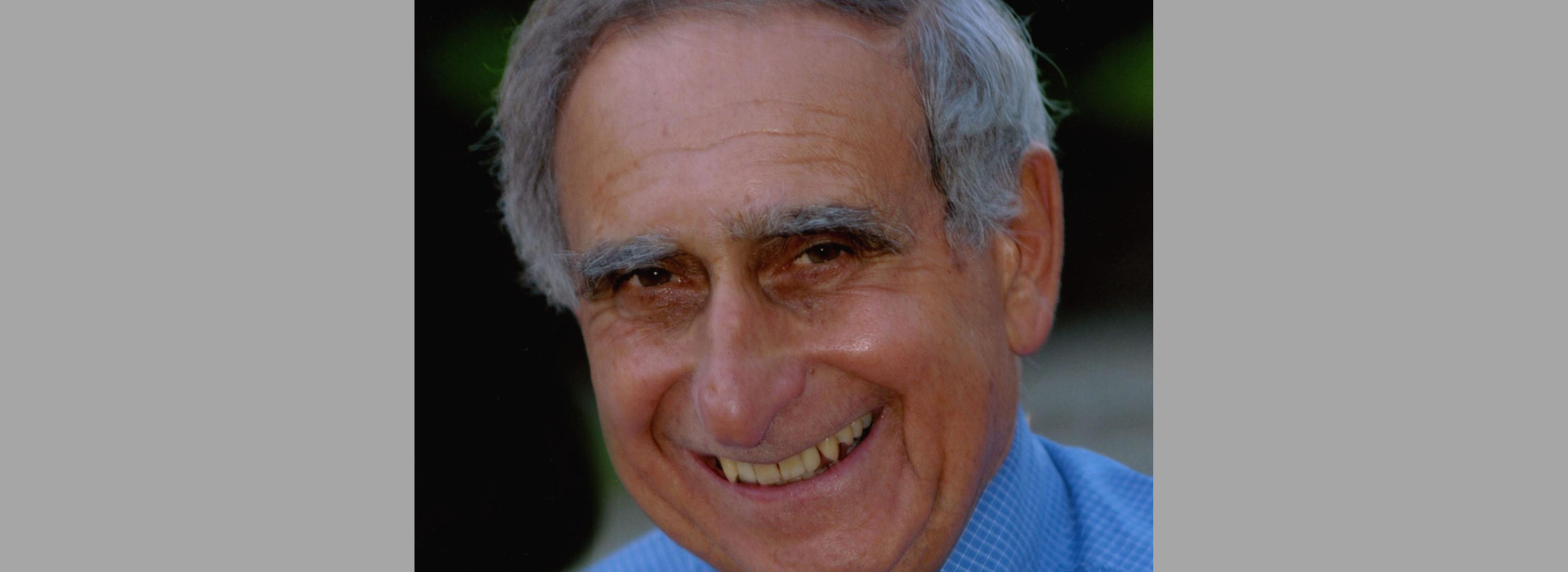
Renowned Metabolic Surgeon & Educator, Dr. Henry Buchwald Announces Retirement
The Department of Surgery celebrates the incredible career and contributions of Professor, Dr. Henry Buchwald, who will retire at the end of July after serving 62 years in the department.
For 62 years, Henry Buchwald, MD, PhD, professor in the Division of Gastrointestinal and Bariatric Surgery, has been educating, mentoring and pioneering breakthroughs within the Department of Surgery, developing historical advances in metabolic care.
Originally from Austria, he fled the Nazi Anschluss in 1938, eventually entering the United States. Settling in New York, Buchwald earned a BA from Columbia College (Class Valedictorian) and his medical degree from Columbia University's College of Physicians and Surgeons. Dr. Buchwald became inspired to study obesity in the context of other basic research at the University of Minnesota, including ulcer surgery - operations perfected during the Wangensteen era. He joined the Department of Surgery as a resident in 1960 after serving as a Flight Surgeon at Headquarters Strategic Air Command, US Air Force.
As a faculty member and researcher, he devoted much of his career arguing against the social stigma of obesity, convincing the medical profession and the public that surgery is an integral approach to this disease.
In 1963, Dr. Buchwald's research team determined precisely which part of the gastrointestinal tract was responsible for cholesterol and bile acid absorption. This discovery led to the development of the Buchwald Procedure - the partial ileal bypass (PIB) operation, which bypasses part of the ileum to lower cholesterol levels. The PIB procedure was one of the first surgical techniques to treat metabolic disease and remains the most potent therapy to lower plasma cholesterol levels. The correction of hypercholesterolemia through PIB surgery earned him the Samuel D. Gross Prize in 1967. Nominated by mentor and Department Chair, Dr. Owen Wangensteen, Buchwald joined him in becoming the second surgeon from Minnesota to earn the prestigious award.
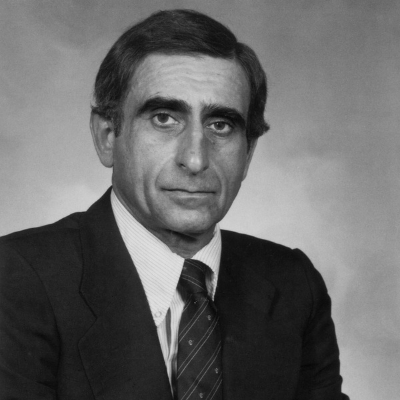
By the 1970s, he realized that many parts of the body operated on engineering principles. Dr. Buchwald began collaborating with Perry L. Blackshear, a Mechanical Engineer. The collaboration between surgeons and engineers led to the invention of the Implantable Drug Pump, which was first described in a landmark paper co-authored by Henry Buchwald, Richard Varco, Frank Dorman, Perry L. Blackshear, and Perry J. Blackshear. In 1975, implantable infusion pumps were used to deliver heparin continuously. In 1978, these devices were used to provide intraarterial chemotherapy agents to treat cancer, and by 1980, the implantable drug pumps were used to deliver insulin to treat diabetes.
His novel paper in Circulation led to the most prominent National Institutes of Health (NIH) $60M multi-institutional trial on the surgical management of hyperlipidemias – "Program on the Surgical Control of Hyperlipidemias (POSCH)." The trial received continuous funding from the NIH from 1973-1990, proving the link between cholesterol and heart disease and demonstrating that lowering cholesterol can reduce heart disease and save lives.
Dr. Buchwald continued to be an active faculty member in the department throughout the years. One of his recent initiatives involved recruiting former NFL players to become role models for weight loss and healthy living. He also collaborated with fellow Columbia University alumnus, Archie Roberts—a former Miami Dolphin and a cardiac surgeon—which led to the creation of the Living Heart Foundation's Heart, Obesity, Prevention, Education (HOPE) Program. They are now involved in testing metabolic surgery for traumatic brain injury (TBI).
"I still meet physicians (surgeons and non-surgeons) from all over Minnesota and beyond who trained at the University," said Daniel B. Leslie, MD, Division Chief of Gastrointestinal/Bariatric Surgery. "They express fond memories of their time experiencing Dr. Buchwald performing surgery in OR19. That, along with his dogged and dedicated focus on treating the most discriminated patient population, the obese, may be his most enduring legacy."
The Department of Surgery has enjoyed playing an important role in medical history through Dr. Buchwald's leadership in the development and influence of metabolic surgery. We are forever grateful to Dr. Henry Buchwald for his six decades of service to the Medical School.
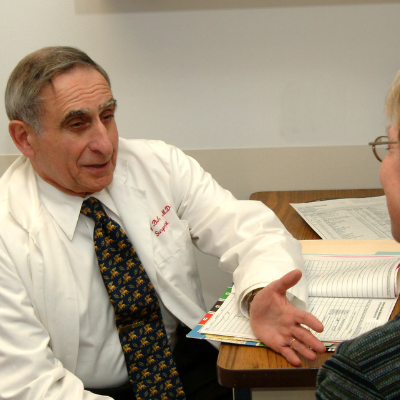
Q & A with Dr. Buchwald
MOST IMPACTFUL CONTRIBUTIONS TO THE DIVISION OF GASTROINTESTINAL/BARIATRIC SURGERY:
-
Introduction of the various aspects of metabolic surgery beyond bariatric surgery.
-
General and bariatric surgery operative series of over 10,000 patients.
MOST NOTABLE RESEARCH PUBLICATIONS:
-
Buchwald H, Moore RB, Varco RL. Surgical Treatment of Hyperlipidemias. Part I Apologia; Part II The Laboratory Experience; Part III Clinical Status of the Partial Ileal Bypass Operation. Circulation 1974; 49(1): 1-37.
-
Rupp WM, Barbosa JJ, Blackshear PJ, McCarthy HB, Rohde TD, Goldenberg FJ, Rublein TG, Dorman FD, Buchwald H. The Use of an Implantable Insulin Pump in the Treatment of Type II Diabetes. NEnglJMed 1982; 307:265-270.
WORK MOST PROUD OF IN THE AREAS OF - INVENTIONS, CLINICAL FOCUS & MEDICAL EDUCATION:
-
The invention of the implantable infusion pump and other medical devices, e.g., one-way catheters, a peritoneovenous shunt, and apparatus to measure oxygen transport.
-
Focus on metabolic surgery and the surgeon as a total physician and investigator.
-
Teaching house staff and medical students the necessity for intellectual and experimental freedom for research performance.

